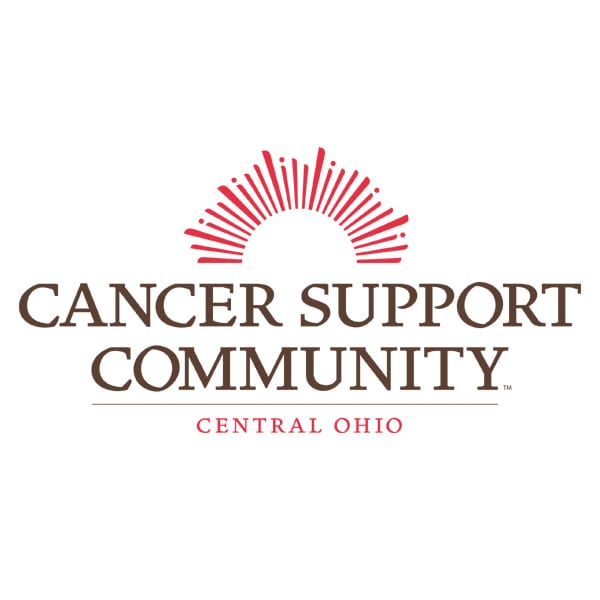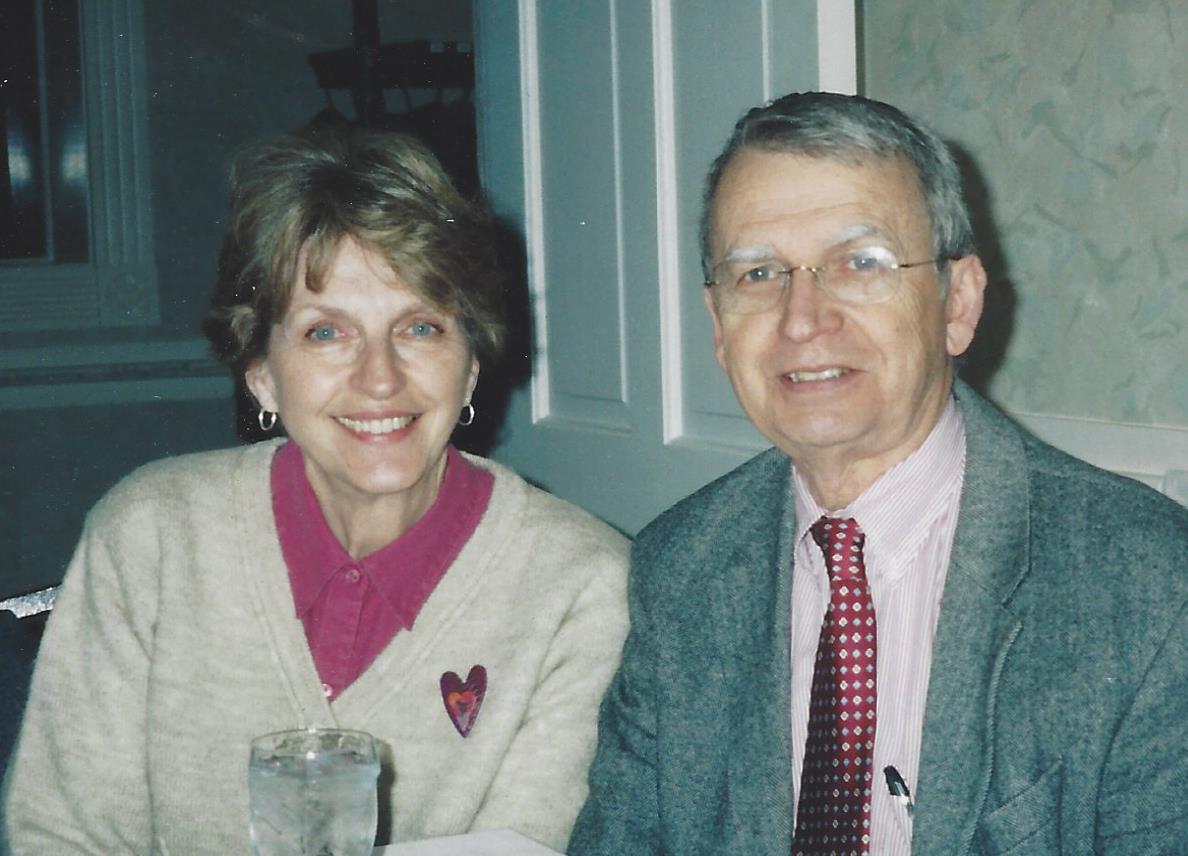Three Reasons Why Creative Arts Heal
Who would have thought that molding warm clay, dancing the cha-cha, or pursuit of countless other creative options could make a meaningful impact on...
2 min read
 Cancer Support Community
Mar 24, 2023 3:19:48 PM
Cancer Support Community
Mar 24, 2023 3:19:48 PM
Health and wellness is important for all of us, but especially for those living with cancer. The food choices you make each day will directly affect how you feel. Whether you’re trying to lose weight or not, food choices matter. Make it a priority to live a healthy lifestyle. Wake up each morning feeling happier, energized and stress free. Not sure where to get started? You’re in the right place! Here are three simple things you can change today:
Whole grains are not only great for your heart, but they also can help the body in many ways. They are an excellent source of protein, fiber and magnesium.
According to U.S.D.A.’s Dietary Guidelines, you should be consuming a minimum of three or more servings of whole grains per day. The American Institute of Cancer Research has found three compounds present in whole grains that are considered beneficial for cancer: Phytic acid, Protease inhibitors, and Tocotrienols. These compounds help with the spreading of cancer cells.
Be sure to know what you’re looking for. There are many options out there that seem similar but are processed in a way that strips the nutrients from the food.
According to Choose My Plate, accredited by the USDA, women and men between 19 and 50 should be getting 2½ – 3 cups daily. Women over 50 should be consuming 2 cups and men over 50 need 2½. These are general guidelines based off of a diet with less than 30 minutes of moderate exercise.
Seems simple enough- let’s get started! Try out these suggestions:
Meat, seafood, beans, eggs, processed soy products, nuts and seeds all fall under the category of protein. Oops-don’t forget peas! These foods are essential for your bones, muscles, and building and repairing tissue. It also keeps your skin healthy.
In general women between 19 and 30 should be getting 5 ½ ounces, but women over 30 should only be consuming 5 ounces. With men the numbers vary more frequently. Click here and plug in your information to obtain a more accurate value. Lastly, refer to the chart at the bottom of this page for an easy way to estimate these portion sizes.
“What if I’m vegetarian?” No worries. You can still incorporate beans, nuts and seeds into your diet in order to still get an adequate amount of protein.
Try these tips:
*As always, be sure you cook your meat to the proper temperature. If you’re not sure refer to this chart.*
Looking for more tips on staying healthy? Be sure to check out our upcoming Cooking for Wellness programs at Giant Eagle on November 19th and December 17th.
Who would have thought that molding warm clay, dancing the cha-cha, or pursuit of countless other creative options could make a meaningful impact on...

Dr. David Houchens spent 35 years in preclinical and clinical cancer research in a variety of cancer types. He directed laboratory studies and...
What is Yoga? Will it help me throughout my journey with cancer?